
The sustainable management of marine resources is essential to ensure their survival and contribute to a healthy and safe diet. The need to increase the proportion of food of marine origin, healthier and less costly in energy and environment, cannot be exclusively addressed by fisheries, requiring the development of a biotechnologically advanced aquaculture. Aquaculture is the growing food sector with the fastest production worldwide. The advances in the knowledge of biology, genetics, population dynamics and ecology of exploitable species are the key to ensuring the sustainability of marine resources.
